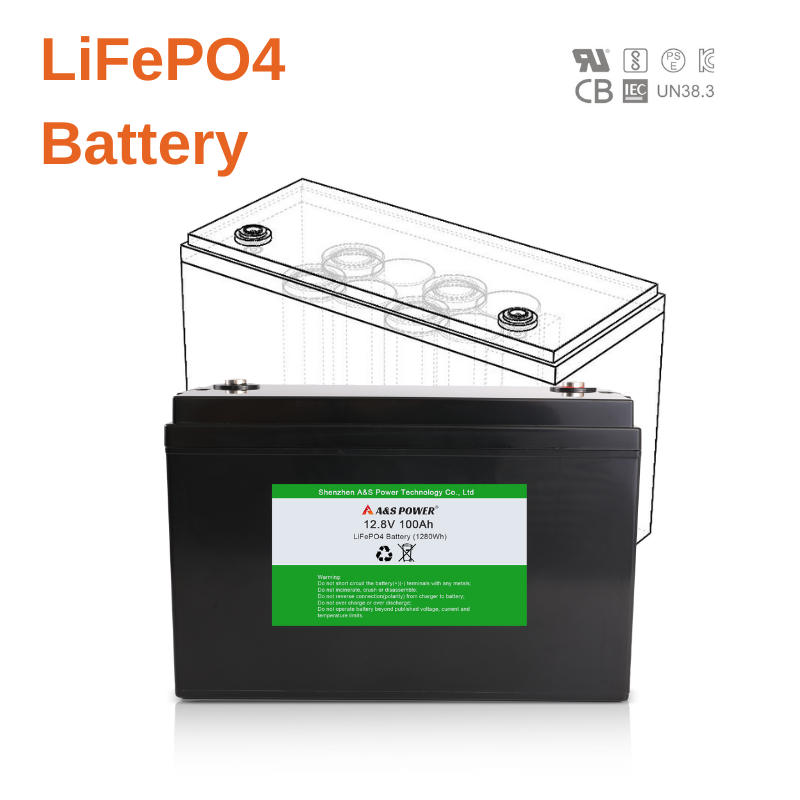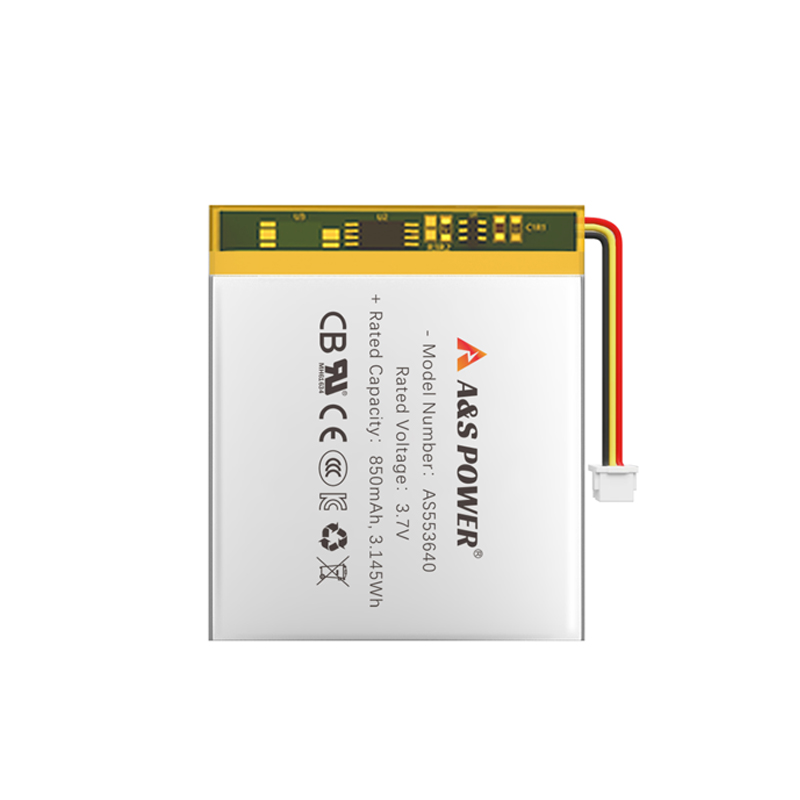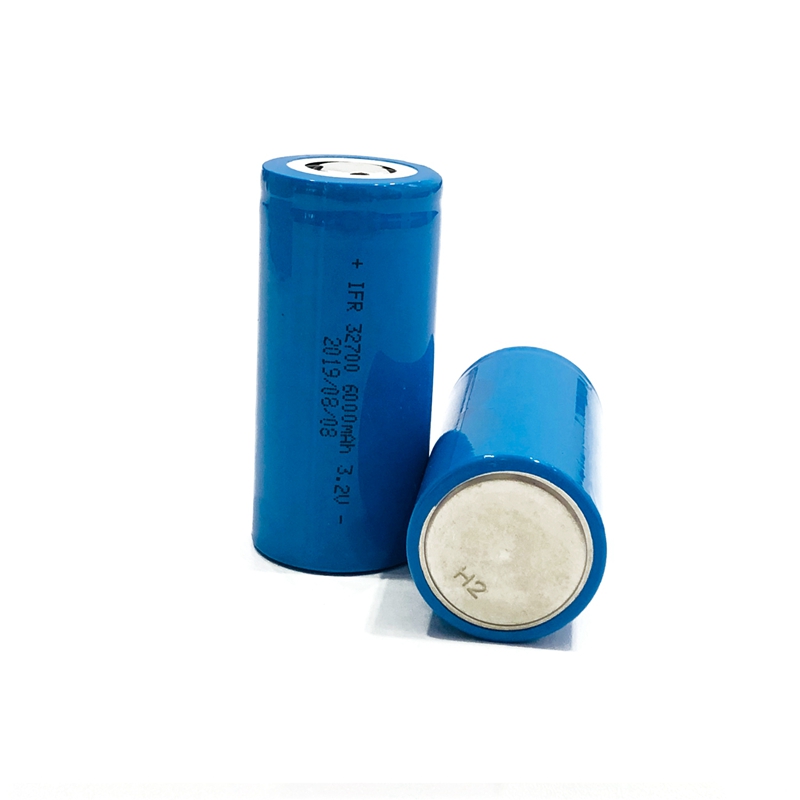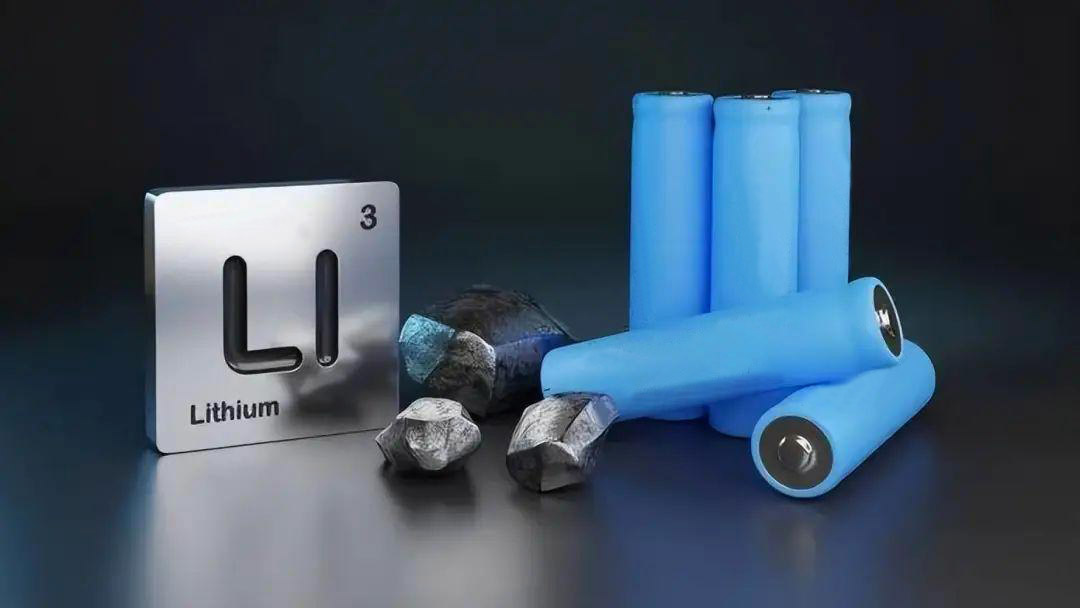Battery
Application
Hot product
Contact us
The difference and advantage between sodium battery and lithium battery
2023-06-05
The difference and advantage between sodium battery and lithium battery
Sodium and lithium batteries are both rechargeable batteries, but there are some differences and advantages between them:
The chemical composition is different: the positive electrode material used in sodium batteries is sodium compound, while lithium compound is used as positive electrode material in lithium batteries. Sodium, by contrast, is more widely available and cheap, while lithium is scarce and expensive.
Energy density difference: The energy density of a sodium battery is about half that of a lithium battery, which means it is usually larger and heavier than a lithium battery of the same capacity. However, the energy density of sodium batteries is gradually increasing, and in the future may equal or exceed that of lithium batteries.
Environmental protection: Sodium batteries use more resources, so in environmental protection than lithium batteries have an advantage. And because most of the chemicals used in sodium batteries are non-toxic and renewable, the resulting waste is less polluting.
Safety: The electrolyte of sodium batteries is highly flammable and corrosive, so higher safety requirements are required in the design and manufacture. Lithium batteries are relatively stable, but they also have safety hazards such as overheating, short circuits and explosions.
Different applications: Because of their low energy density, sodium batteries are usually used in situations where weight and volume are not required, such as energy storage systems, industrial vehicles, etc. Lithium batteries, on the other hand, are more suitable for light, efficient and high-performance applications, such as mobile devices and electric vehicles.
To sum up, both sodium and lithium batteries have advantages and disadvantages, and which one is better depends on the application scenario and actual demand. In the future, as sodium battery technology continues to evolve, it could become a more competitive renewable energy solution.
Sodium battery is a kind of battery which uses sodium ion as charge carrier. The charge and discharge of the battery can be realized by inserting and separating sodium ion between positive and negative electrode. Sodium batteries work essentially the same way as lithium batteries, except for the charge carrier.
Sodium and lithium batteries are both rechargeable batteries, but there are some differences and advantages between them:
The chemical composition is different: the positive electrode material used in sodium batteries is sodium compound, while lithium compound is used as positive electrode material in lithium batteries. Sodium, by contrast, is more widely available and cheap, while lithium is scarce and expensive.
Energy density difference: The energy density of a sodium battery is about half that of a lithium battery, which means it is usually larger and heavier than a lithium battery of the same capacity. However, the energy density of sodium batteries is gradually increasing, and in the future may equal or exceed that of lithium batteries.
Environmental protection: Sodium batteries use more resources, so in environmental protection than lithium batteries have an advantage. And because most of the chemicals used in sodium batteries are non-toxic and renewable, the resulting waste is less polluting.
Safety: The electrolyte of sodium batteries is highly flammable and corrosive, so higher safety requirements are required in the design and manufacture. Lithium batteries are relatively stable, but they also have safety hazards such as overheating, short circuits and explosions.
Different applications: Because of their low energy density, sodium batteries are usually used in situations where weight and volume are not required, such as energy storage systems, industrial vehicles, etc. Lithium batteries, on the other hand, are more suitable for light, efficient and high-performance applications, such as mobile devices and electric vehicles.
To sum up, both sodium and lithium batteries have advantages and disadvantages, and which one is better depends on the application scenario and actual demand. In the future, as sodium battery technology continues to evolve, it could become a more competitive renewable energy solution.












